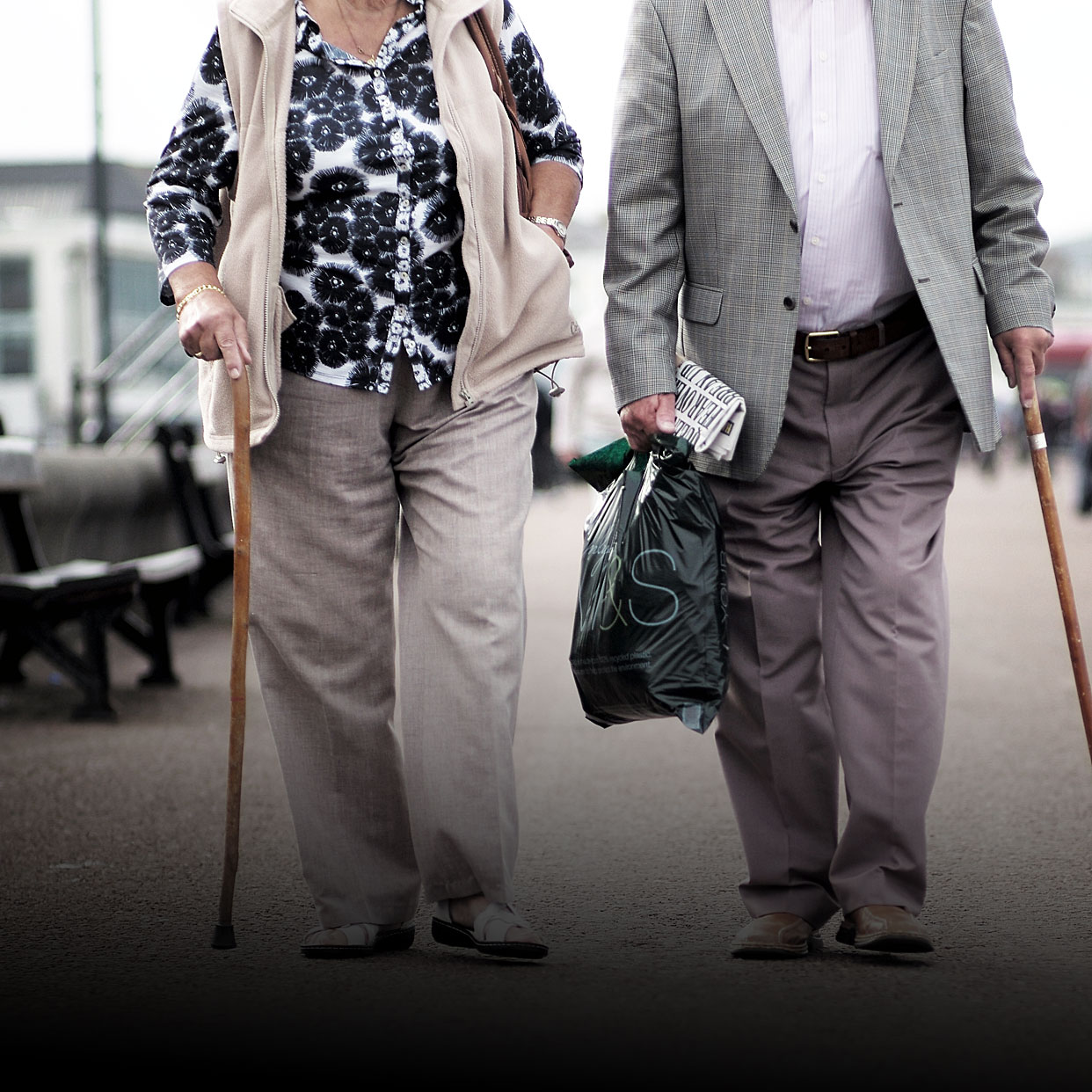The 55% 'death tax' you may not know about
Benefits paid out after death are often counted towards the deceased's pension allowance

A free daily email with the biggest news stories of the day – and the best features from TheWeek.com
You are now subscribed
Your newsletter sign-up was successful
In recent months the government has come under fire for allegedly attempting to increase the financial pain of dying.
The Ministry of Justice was forced into an embarrassing climb down after attempting to increase probate charges by up to 9,300 per cent, which would have left some families having to pay £20,000 just to be able to access a dead person’s estate.
The government has also made cuts to bereavement benefits. Since April, anyone with children whose partner dies is eligible for the Bereavement Support Payment, paying out up to £350 a month for a maximum of 18 months. The old Widowed Parent’s Allowance it has replaced paid up to £113.70 a week for as long as the person was eligible for child benefit.
The Week
Escape your echo chamber. Get the facts behind the news, plus analysis from multiple perspectives.

Sign up for The Week's Free Newsletters
From our morning news briefing to a weekly Good News Newsletter, get the best of The Week delivered directly to your inbox.
From our morning news briefing to a weekly Good News Newsletter, get the best of The Week delivered directly to your inbox.
Then, of course, there is the proposed so-called "dementia tax", which extends the circumstances in which someone in need of care might need to sell their home to self-fund to include those who receive domilicillary services.
Now Royal London are warning about another stealth tax that could mean the taxman grabs a 55 per cent of parts of an estate. It's not a new measure, but it's one that has come as a shock to many who were not aware of how the rules worked in practice.
Workplace pension schemes often include a death-in-service clause, which mean if you die a lump sum is paid to your family. The amount can be up to four times your salary and comes out of your pension savings.
Death-in-service benefits are counted as part of your estate for tax purposes, so inheritance tax could be due on parts of it. But, there is another little-known rule that really has a sting.
A free daily email with the biggest news stories of the day – and the best features from TheWeek.com
For some bizarre reason this lump sum pay-out counts towards the deceased’s pension lifetime allowance. That’s the maximum amount you can save into your pension over your lifetime – and beyond as it now appears. If the death-in-service amount puts the dead person over their £1m lifetime allowance then 55 per cent tax is owed on the excess.
It is a “ridiculous” rule according to former pensions minister Steve Webb, head of policy at Royal London, who is calling for a change to the rules.
“We are talking about people of working age who die prematurely, and their families are being hit by cuts to bereavement benefits, faces charges with probate fees and now this,” says Webb. “This isn’t the group we should be looking to target to plug the deficit.
“In some cases this will generate an unexpected tax bill running into tens of thousands of pounds.”
The clause is affecting more and more families since the lifetime allowance was cut from £1.8m in 2012 to just £1m this April.
Mrs B, a 59-year-old widow, has been stung by the 55 per cent tax. Her 51-year-old husband died after a short battle with cancer. His employer paid out a death-in-service benefit that made up 60 per cent of the lifetime allowance. That combined with pay-outs from other pension plans took Mr B £173,000 over his lifetime allowance, and the taxman took 55 per cent of that sum.
“The law was introduced to prevent very wealthy people from overfunding their pension plans,” says Mrs B. “It seems very strange to me that I am being penalised for becoming a widow. Whilst the payments may seem large when lumped together they need to be invested wisely to ensure I have an income for the rest of my life and to potentially cover the costs of any care I may need later in life.
“It seems manifestly unfair that I and I’m sure others are treated in this way.”
There are now calls for the government to amend the rules and stop death-in-service benefits from counting towards the lifetime allowance, as this looks very like a stealth death tax.
-
 6 of the world’s most accessible destinations
6 of the world’s most accessible destinationsThe Week Recommends Experience all of Berlin, Singapore and Sydney
-
 How the FCC’s ‘equal time’ rule works
How the FCC’s ‘equal time’ rule worksIn the Spotlight The law is at the heart of the Colbert-CBS conflict
-
 What is the endgame in the DHS shutdown?
What is the endgame in the DHS shutdown?Today’s Big Question Democrats want to rein in ICE’s immigration crackdown